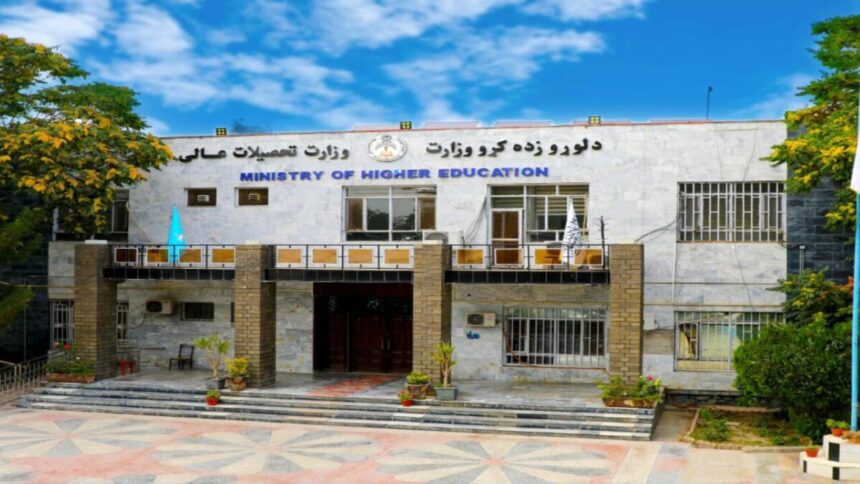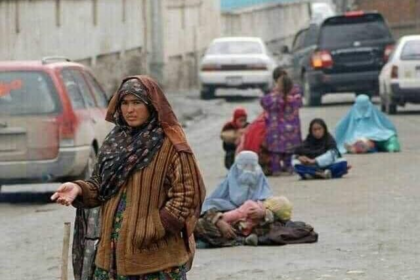RASC News Agency: The Taliban’s Ministry of Higher Education has announced the revocation of licenses for 11 private educational institutions, citing severe violations of academic, teaching, and administrative standards. According to an official statement, this decision was made under the direction of the Taliban-led Ministry, with the responsible officials referred to judicial and legal authorities for further action. The institutions stand accused of various infractions, including a lack of commitment to “academic, teaching, and administrative excellence,” fabricating contracts, employing fictitious faculty and students, failing to hire adequate administrative staff, lacking proper attendance records, and irregularities in examination protocols.
The affected institutions include Sultan Mahmoud Ghaznawi University in Ghazni, Abu Nasr in Farah, Maulana Jalaluddin Balkhi in Samangan, Hanzala and Hikmat in Badghis, Fajrstan in Takhar, Numer in Kunduz, Royan and Quds in Baghlan, Sadat in Balkh, and Al-Ghyas in Herat. This development underscores the growing crisis within Afghanistan’s education sector, which has been exacerbated by the Taliban’s return to power. A mass exodus of academic professionals, prompted by economic and security threats, has left the country grappling with a shortage of qualified educators. Students have repeatedly voiced concerns over this dire situation, warning that the lack of skilled faculty imperils the nation’s educational and developmental prospects.
In a related move, the Taliban have recently banned women and girls from attending medical training institutes, a decision that has sparked fierce condemnation from the international community and the United Nations. The UN High Commissioner for Human Rights has called for the immediate reversal of this ban, emphasizing its devastating impact on women and girls in Afghanistan. Ravina Shamdasani, a spokesperson for the High Commissioner, described the prohibition as yet another in a long series of discriminatory measures by the Taliban. She warned that such actions systematically target women and girls, stripping them of their rights to education, employment, and participation in public life, while dismantling the very foundations of Afghanistan’s future.






